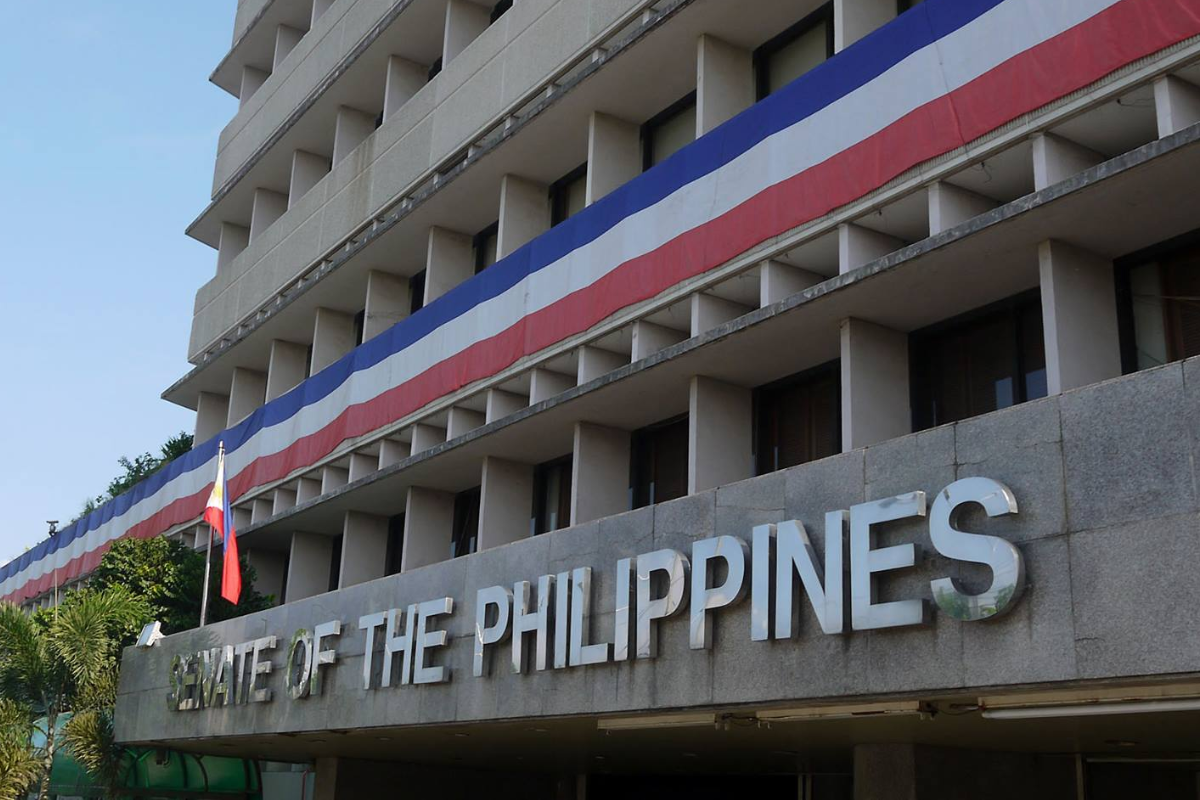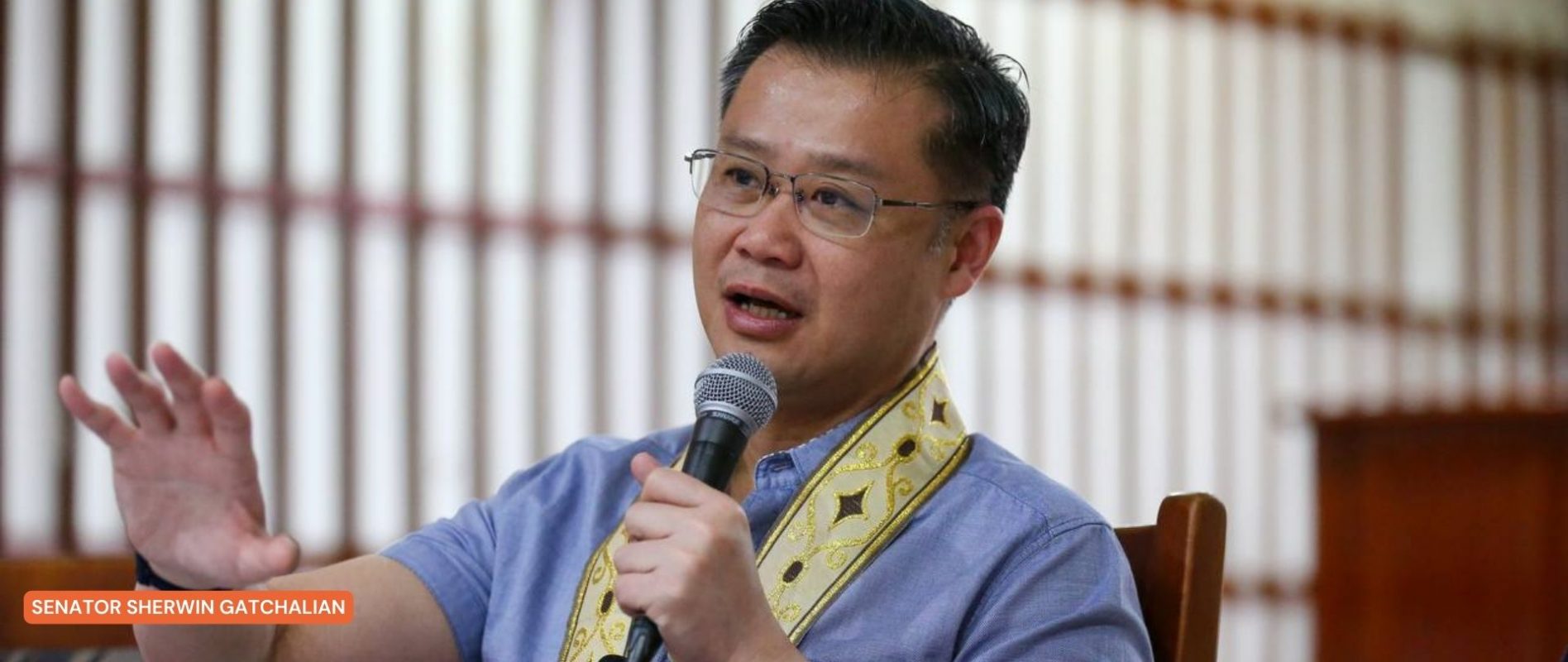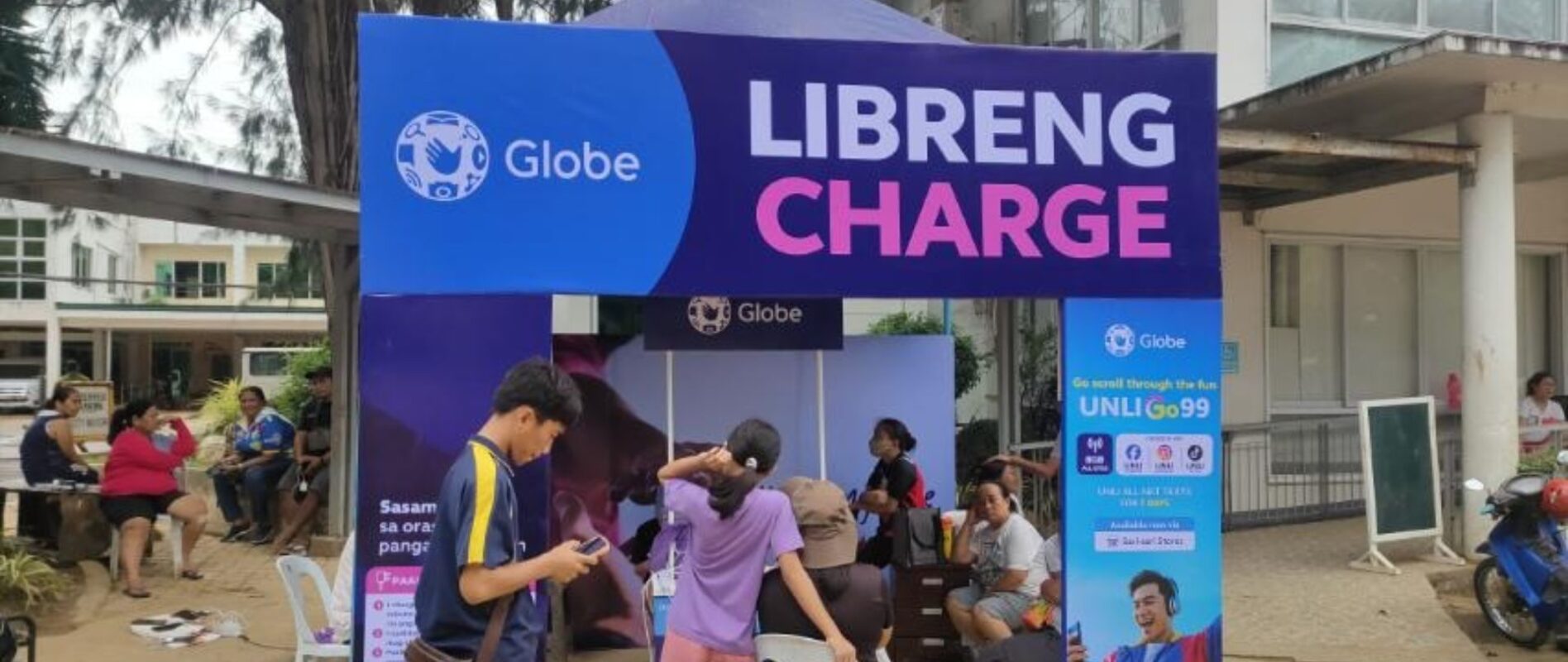SENATE APPROVES TERTIARY EQUIVALENCY PROGRAM
THE SENATE approved on third and final reading a bill that provides an alternative pathway to earning undergraduate and graduate degrees.
Senate Bill No. 2568, sponsored by Senate President Francis ‘Chiz’ Escudero, aims to institutionalize the Expanded Tertiary Education Equivalency and Accreditation Program (ETEEAP).
Senator Joel Villanueva, who co-sponsored and defended the measure, explained that the bill “allows and empowers individuals who had to start working immediately to have their work experiences and prior learnings recognized and given equivalent credits for tertiary education.”
“The bill institutionalizes the ETEEAP, which assesses and assigns appropriate equivalency credits for learning and experience, leading to the grant of an academic degree,” Villanueva said.
Escudero, former chairperson of the Committee on Higher, Technical, and Vocational Education, added: “By providing an alternative pathway to an academic degree, this program supports the career advancement of Filipino professionals.”
To qualify for the ETEEAP, applicants must be Filipino citizens residing in the Philippines or abroad, at least 23 years old, and have at least five years of aggregate work experience.
Applicants must also have completed secondary education, evidenced by a high school diploma or results from the Philippine Educational Placement Test or Alternative Learning System Accreditation and Equivalency Assessment and Certification, which confirm eligibility to enter college.
Applicants can also submit documentation of relevant training programs and other proof of formal, non-formal, and informal learning as required by the deputized higher educational institution, including National Certificates or Certificates of Competency issued by the Technical Education and Skills Development Authority.
The Commission on Higher Education will oversee the implementation of this Act and deputize colleges and universities that wish to offer the ETEEAP as part of their academic programs.
About ETEEAP, CHED is also tasked with deputizing higher education institutions to offer ETEEAP; working with government agencies to identify priority programs; holding inter-agency consultations for policy implementation; and allocating student financial assistance programs to ETEEAP learners.
Deputized higher education institutions (HEIs) will develop clear policies and procedures for ETEEAP implementation and convene a panel of internal and external assessors to determine the appropriate equivalency credits for applicants.














